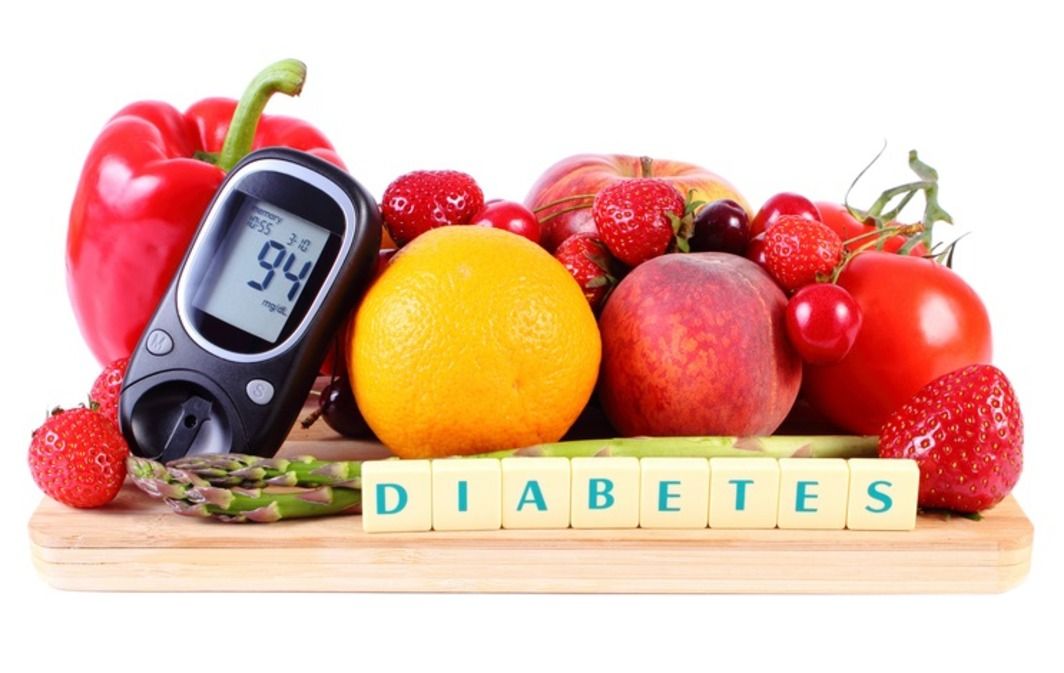Diabetes Management
Vision Troubles in Diabetes: Diagnosis and Treatment
3 min read
By Apollo 24|7, Published on - 08 October 2023, Updated on - 22 February 2024
Share this article
0
0 like

Although diabetes primarily impacts blood sugar regulation, it also has an impact on multiple organs of the body, including the eyes. Individuals suffering from diabetes-related vision problems should keep a close watch on the symptoms and get in touch with their healthcare provider. In this blog, we will explore the diagnosis and treatment of vision issues associated with diabetes.
Diagnosis
Early diagnosis is the key to preventing vision troubles caused by diabetes. Here are a few tests that can help you diagnose eye diseases:
- Comprehensive Eye Exam: Regular consultation with an optometrist or ophthalmologist for a comprehensive eye exam is essential for the early detection of diabetic eye diseases. The check-up may range from asking you to identify letters on an eye chart to complex tests like using digital imaging devices to see and evaluate tiny blood vessels or dilating the pupils to get a clear view of the retina.
- Retinal Imaging: Advanced tools such as retinal imaging and optical coherence tomography (OCT) are used to obtain detailed images of the retina. This allows healthcare professionals to identify abnormalities, such as diabetic retinopathy.
- Visual Acuity Testing: A standard eye chart is used to assess visual acuity, where the healthcare provider measures the ability of the eye to differentiate shapes and details of objects at a given distance. Changes in visual acuity may indicate diabetic eye complications like macular edema (swelling in a part of the retina).
- Tonometry: This test measures the pressure inside the eyes (intraocular pressure). It is essential for detecting glaucoma, a condition that damages the optic nerve.
Treatment
Treatment of eye diseases depends on the severity of the condition. A few treatment options opted by healthcare professionals are mentioned below:
- Blood Sugar Control: Maintaining stable blood sugar levels is crucial for preventing and managing diabetes-related vision problems. Your endocrinologist or healthcare provider can help you develop a personalised diabetes management plan.
- Medications: Depending on the specific eye condition, medications such as anti-vascular endothelial growth factor injections or steroids may be prescribed to reduce swelling, control blood vessel growth, and manage inflammation.
- Laser Therapy: Laser treatments, like photocoagulation and panretinal photocoagulation, are used to seal or shrink abnormal blood vessels in diabetic retinopathy. It can help prevent further vision loss.
- Surgery: In advanced cases, surgical interventions like vitrectomy may be necessary to remove scar tissue or blood from the eye.
- Lifestyle Modifications: Adopting a healthy lifestyle can significantly impact diabetes management and eye health. This includes regular exercise, a balanced diet, avoiding smoking, and controlling blood pressure and cholesterol levels.
Conclusion
Diabetes-related vision troubles are a significant concern. Although, with early diagnosis and appropriate treatment, many complications can be managed or even prevented. Regular eye examinations and proactive diabetes management are essential for preserving vision and overall eye health for individuals living with diabetes.
Diabetes Management
Consult Top Diabetologists
View AllLeave Comment
Recommended for you
.jpg?tr=q-80)
Diabetes Management
Sick Day Guidelines For Diabetics
Managing diabetes during illness can be challenging, but with the right steps, you can keep your blood sugar levels under control. Regular monitoring of blood glucose, staying hydrated, continuing medications, and being aware of complications like diabetic ketoacidosis are key. Remember, every individual is unique and so is their journey with diabetes. Thus, personalised support from a programme like Apollo Super 6 can be highly beneficial.

Diabetes Management
Taming Your Sweet Tooth: A Diabetic's Guide to Healthy Eating
Effective diabetes management is all about making informed food choices. Incorporate whole grains, lean proteins, and non-starchy vegetables into your meals. Avoid sugary drinks, high-fat foods and processed meats. Be mindful while consuming fruits considering their natural sugar content - choose low glycemic index fruits like berries and peaches.

Diabetes Management
What Not to Eat in Diabetes: A Guide to Managing Your Diet
For effective diabetes management, avoid sugary beverages, snacks, and sweets. Limit intake of white bread, fried foods, and full-fat dairy. Consume processed meats, sweetened condiments, high-sugar cereals, and alcohol in moderation. Opt for healthier alternatives to control blood sugar and reduce risks. Seek guidance from healthcare professionals or dietitians for a personalized plan.
Subscribe
Sign up for our free Health Library Daily Newsletter
Get doctor-approved health tips, news, and more.
Visual Stories

8 Fruits That are Incredibly Healthy for Diabetes
Tap to continue exploring
Recommended for you
.jpg?tr=q-80)
Diabetes Management
Sick Day Guidelines For Diabetics
Managing diabetes during illness can be challenging, but with the right steps, you can keep your blood sugar levels under control. Regular monitoring of blood glucose, staying hydrated, continuing medications, and being aware of complications like diabetic ketoacidosis are key. Remember, every individual is unique and so is their journey with diabetes. Thus, personalised support from a programme like Apollo Super 6 can be highly beneficial.

Diabetes Management
Taming Your Sweet Tooth: A Diabetic's Guide to Healthy Eating
Effective diabetes management is all about making informed food choices. Incorporate whole grains, lean proteins, and non-starchy vegetables into your meals. Avoid sugary drinks, high-fat foods and processed meats. Be mindful while consuming fruits considering their natural sugar content - choose low glycemic index fruits like berries and peaches.

Diabetes Management
What Not to Eat in Diabetes: A Guide to Managing Your Diet
For effective diabetes management, avoid sugary beverages, snacks, and sweets. Limit intake of white bread, fried foods, and full-fat dairy. Consume processed meats, sweetened condiments, high-sugar cereals, and alcohol in moderation. Opt for healthier alternatives to control blood sugar and reduce risks. Seek guidance from healthcare professionals or dietitians for a personalized plan.

